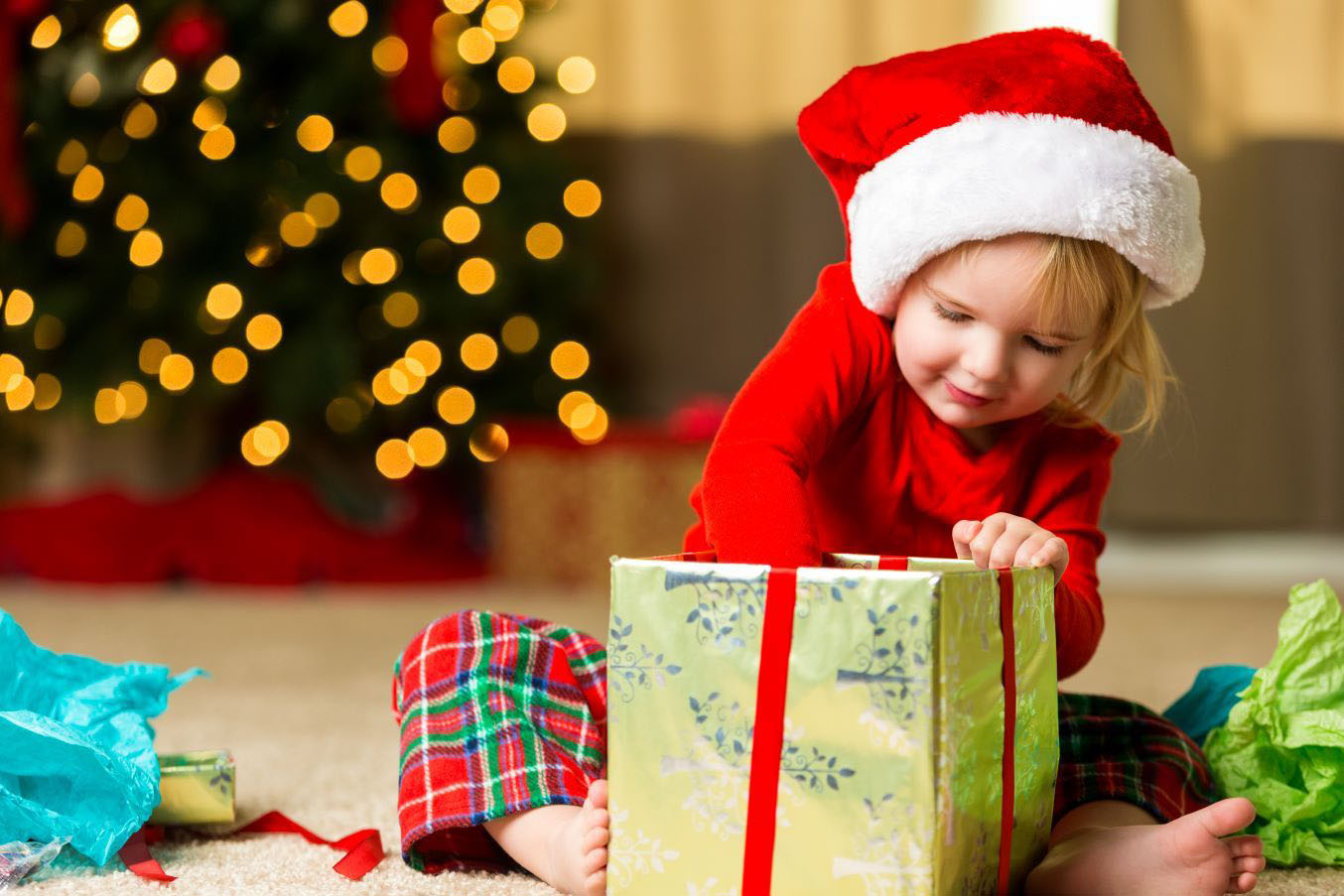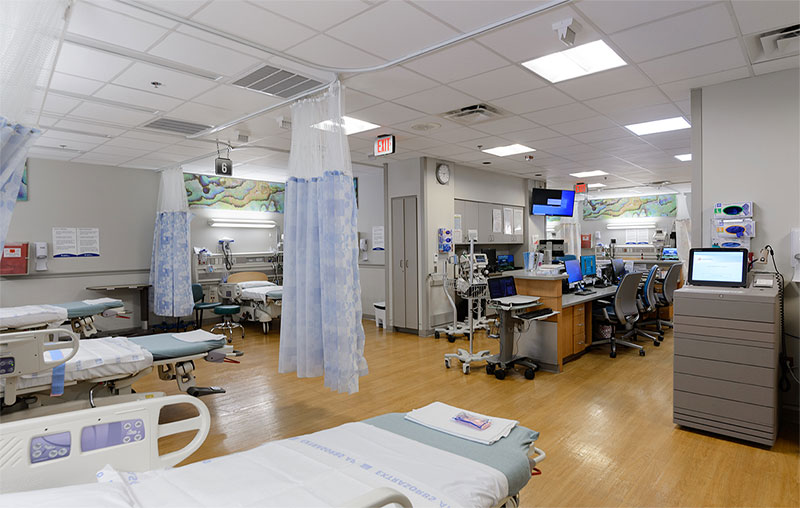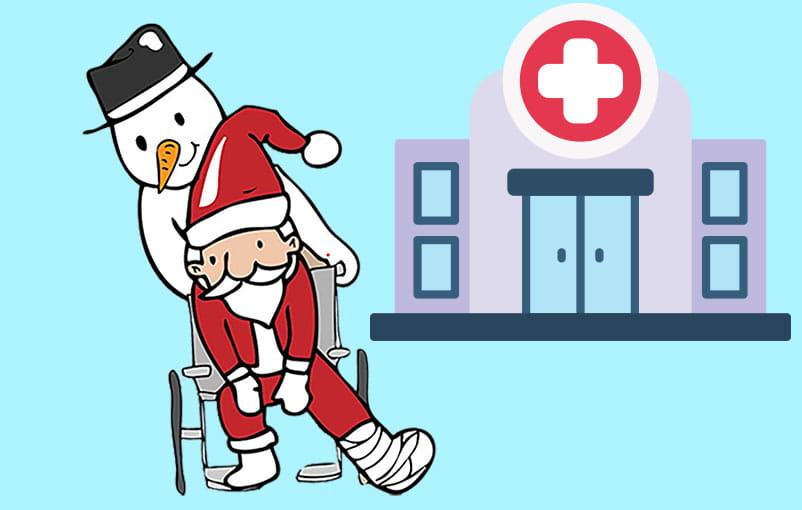Whether you are celebrating the Fourth of July or the new year, make sure to consider the hazards of fireworks.
In 2023, the Consumer Product Safety Commission reported about 9,700 injuries involving fireworks. Of those injuries, 700 were sparkler related. So before you light up that sparkler, learn how to keep yourself and your children safe while celebrating.
Are Fireworks Safe for the Family?
If you have purchased your own fireworks, please take precautions when using them at home. Children can be especially vulnerable to firework-related injuries because most parents do not consider the safety risks associated with seemingly harmless fireworks, like sparklers.
Sparklers can burn up to temperatures of 3,000 degrees Fahrenheit, the same heat as from a blow torch. Not only can sparklers cause serious injuries to kids, but can also be a fire hazard.
Alternatives to Fireworks
Instead of fireworks, firecrackers and sparklers, consider other ways of celebrating: Blow bubbles, spray silly string or toss cascarones.
The National Safety Council also recommends swapping sparklers for glow sticks and colored streamers, especially around young children.
Firework Safety Tips
If you choose to use fireworks during your celebration, here are some important safety tips to remember:
- A responsible adult should supervise children at all times.
- Never mix alcohol and fireworks. Save that drink for later.
- Always have a bucket of water and water hose nearby.
- Use fireworks in an outdoor area away from buildings.
- Light fireworks one at a time, then move back quickly.
- Never carry fireworks in a pocket or shoot them off in metal or glass containers.
- After fireworks complete their burning, douse the spent device with plenty of water from a bucket or hose before discarding it to prevent a trash fire.
- Never place any part of your body directly over a fireworks device when lighting the fuse. Back up to a safe distance immediately after lighting fireworks.
- Never try to relight or pick up fireworks that have not ignited fully.
- Never point or throw fireworks at another person.
What To Do if Someone Is Burned
If someone does sustain a firework-related injury or burn it’s important to seek medical attention as quickly as possible.
Some burns can be treated at home. First-degree (superficial) burns can be treated by running them under cool, not cold, water, then applying either petroleum jelly, aloe vera or a fragrance-free, alcohol-free moisturizer.
Do not apply the following on a burn:
- Butter
- Grease
- Ice
- Oil
- Toothpaste
- Honey
- Mustard
If someone has a second-degree (partial thickness) burn, it can be treated at home depending on the size and location of the burn. Any burn over a joint should be seen by a health care provider.
Third-degree (full thickness) burns will require immediate medical attention.
University Hospital is the only Level I trauma center for both pediatric and adults in South Texas.
Injury Prevention at University Health
Injury Prevention at University Health educates the public about how to prevent injuries and death in your community. You can learn more about celebrating safely on our website and avoid a trip to the emergency room.






